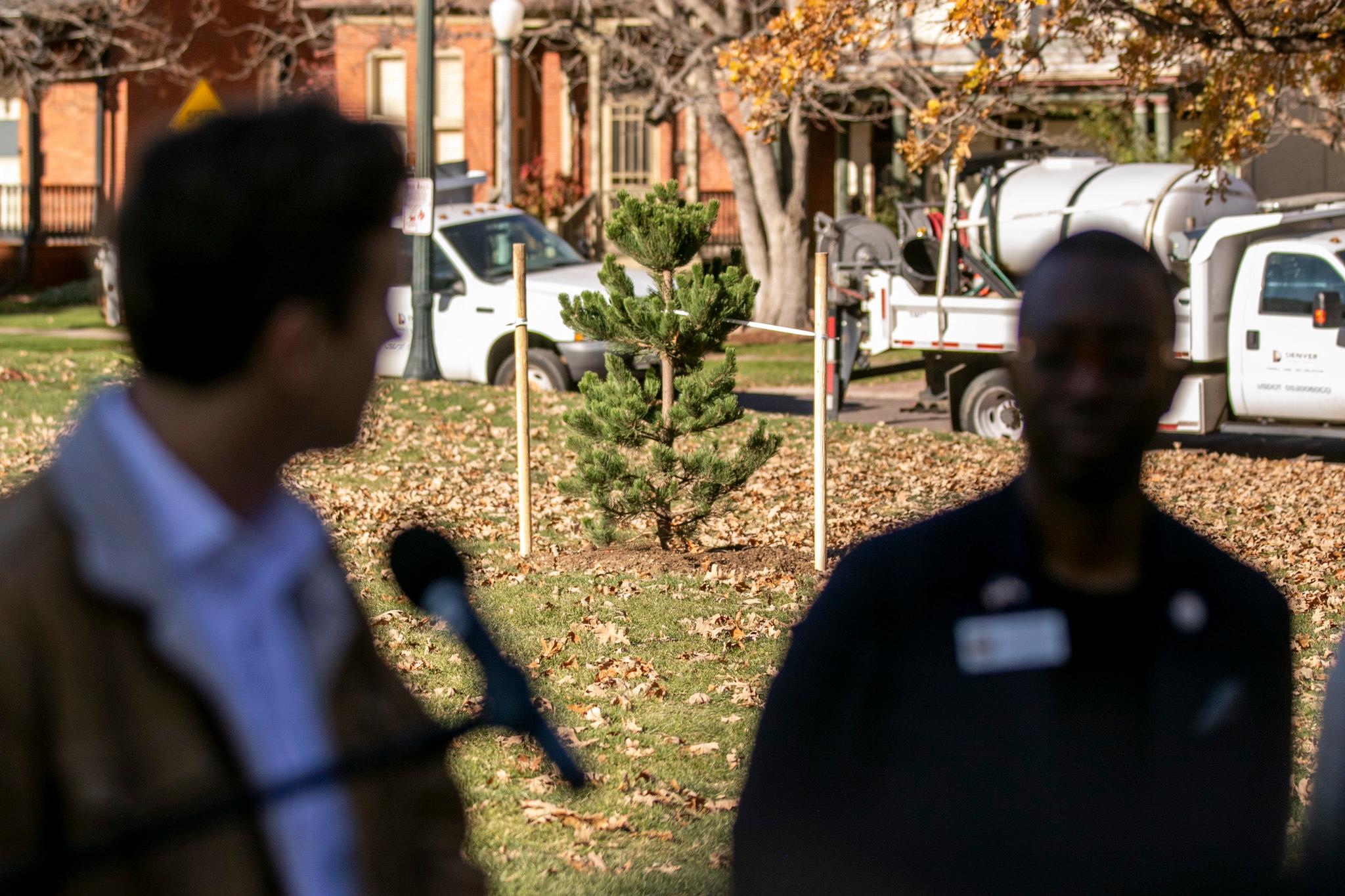By James Anderson, Associated Press
DENVER (AP) — The switchblade knives wielded six decades ago by the fictional Jets and Sharks street gangs in the legendary Broadway musical "West Side Story" and in Hollywood films spooked lawmakers across the U.S. and helped usher in state bans.
But 54 years after Colorado enacted its prohibition of the folding knives with blades that pop from their handles with the push of a button, a bipartisan group of state lawmakers is trying to repeal it.
They are citing arguments from knife rights activists and others who say switchblades have become everyday work tools that also can save lives because they can be opened with one hand instead of two.
West Side Story "kind of released this sense that switchblades were what was bringing in Sharks and Jets, and that we would prevent gang activity if we outlawed these," said bill co-sponsor state Sen. Owen Hill, a Republican who argues that Colorado's law is outdated and widely ignored.
Hill and a Democratic co-sponsor, Rep. Steve Lebsock (who is sponsoring a bill to let cities keep bars open later), say it's time for lawmakers to get rid of an archaic statute because switchblades are useful and can be bought online easily anyway by people who want them. The bill would also legalize gravity knives with blades that can be flung open from their concealing handle, also with one hand.
At least 11 states have repealed switchblade bans in recent years but 14 states still have them, and the American Knife & Tool Institute that represents knife manufacturers and users is lobbying on behalf of another repeal effort for Ohio.
"These have gone from being a weapon of choice by gangs to being an everyday tool," said institute spokeswoman Liesl Sheehan, whose group helped draft the Colorado bill.
During testimony this week about the bill, Hill said a climbing professional helping him do outside maintenance work on a tall building last summer ended up in trouble dangling 75 feet above ground and was forced to use his standard folding knife that required two hands to open it to extricate himself.
He ended up cutting his hand, but would not have with a switchblade, Hill said.
Retired Air Force Master Sgt. John Bloodgood told lawmakers about a similar climbing mishap that was resolved easily with a switchblade — and how his gravity knife helped him save the life of his Llahsa Apso dog named Chewie.
Bloodgood returned home one day to find Chewie entangled in the window blind cords at his house, her long hair tied up in knots with the cords and virtually suffocating her.
He said he used one hand to lift her so she could breathe normally and that "luckily, I had a knife in my pocket that essentially fits the definition of a gravity knife." He used it to cut Chewie free.
Knife rights activists say the bans in Colorado and those still in place elsewhere violate Second Amendment rights of users because switchblades are normally possessed by law-abiding citizens for legitimate uses.
"What you're seeing nationwide is a confluence of Second Amendment rights and criminal justice reform, where most of those being arrested for having a knife in their pocket, but not having committed any crime, are minorities," said Todd Rathner, director of legislative affairs for the Arizona-based Knife Rights.
In 2015, firearms were used in 72 percent of the homicides in the U.S. while knives or other cutting instruments were used in 12 percent, according to statistics from the U.S. Justice Department and the FBI. In Colorado that same year, firearms were used in 115 murders, and knives and other cutting instruments were used in 25.
Colorado's law enforcement community is divided over whether the ban should be repealed, with the County Sheriffs of Colorado association supporting it and the Colorado Association of Chiefs of Police declining to take a position.
The state legislature's Senate Judiciary Committee voted 4-1 this week to send the bill to the full Senate for consideration.
Committee member Sen. Dan Kagan, a Democrat, said the switchblade ban "is universally ignored and not a big concern of the sheriffs and police of this state."
Sen. Rhonda Fields, a Democrat who cast the dissenting vote, said approving the repeal would signal "we are putting law enforcement at risk."













